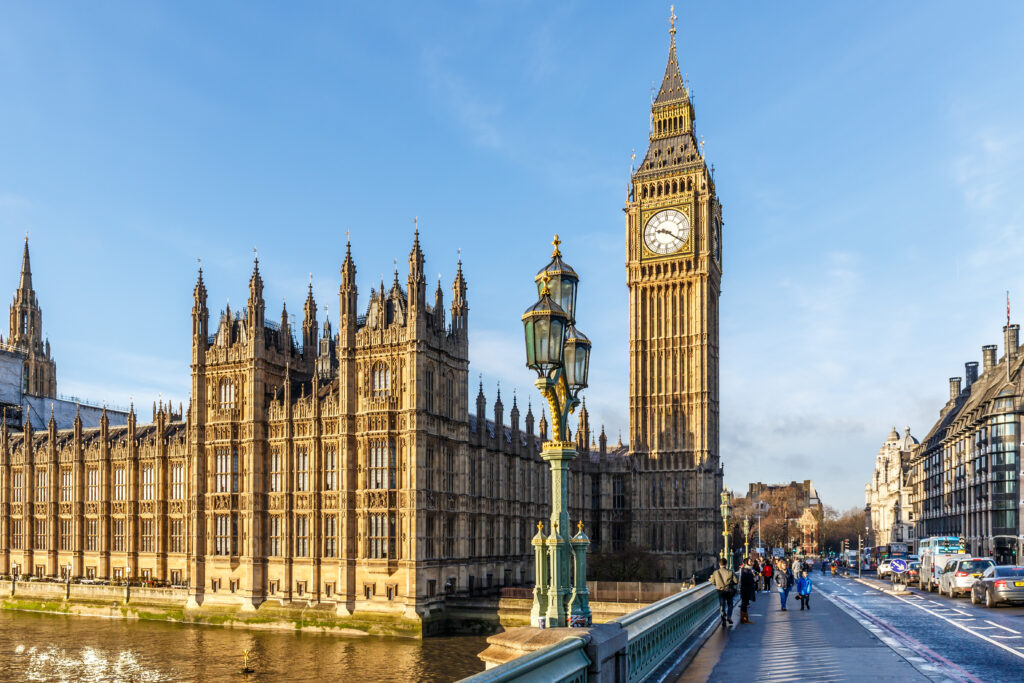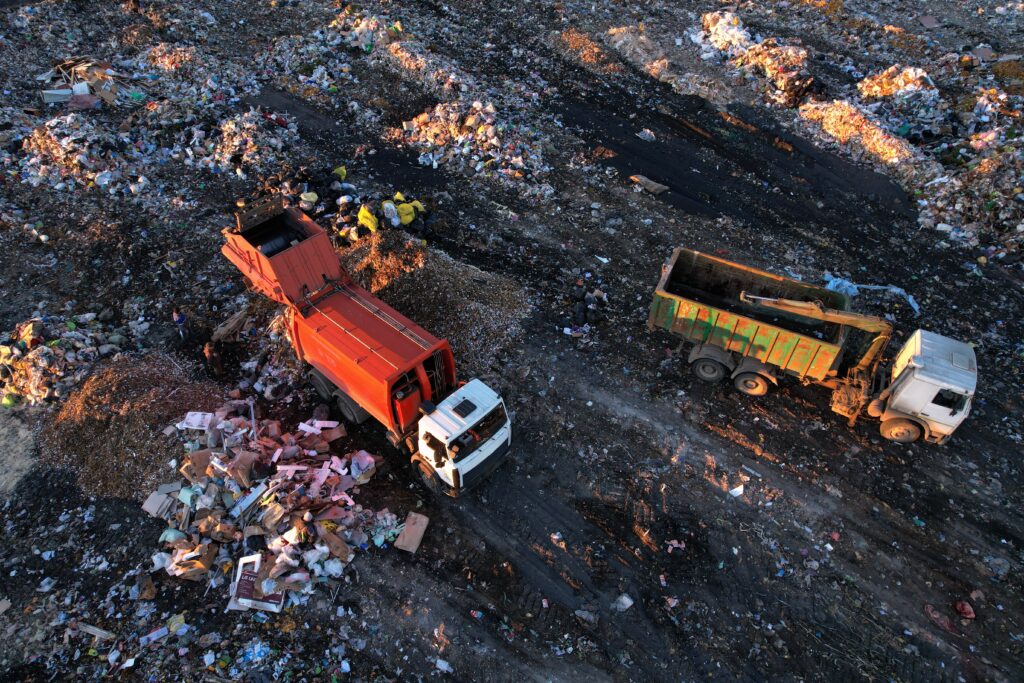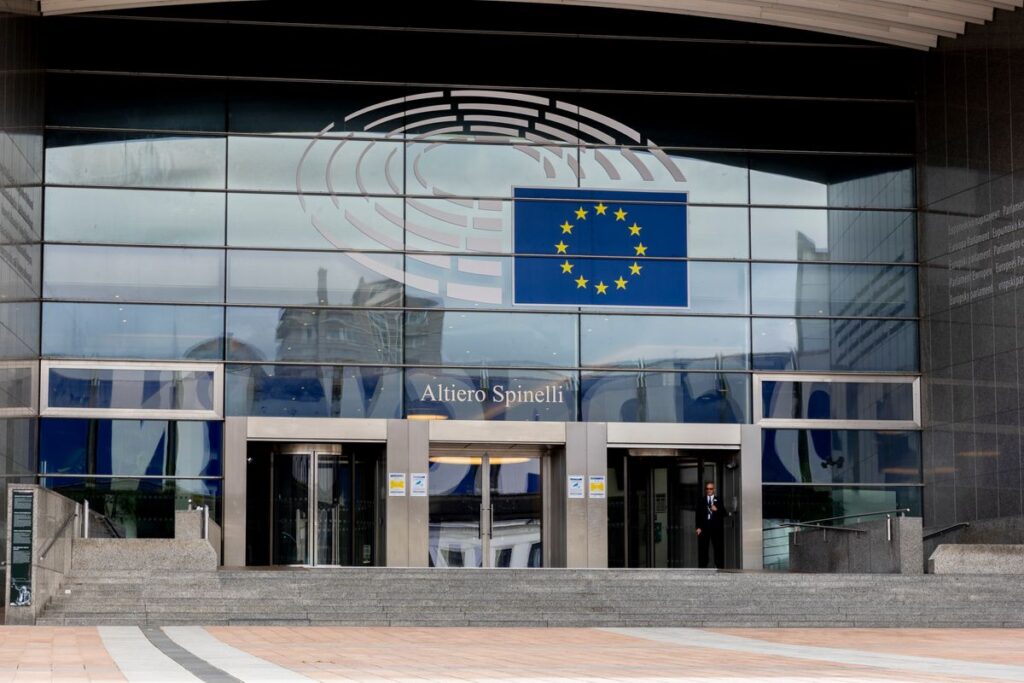And, it was also slammed for a proposal which would mean that all composters dealing with more than 10 tonnes of food waste at a time would have to apply for an environmental permit, a move which Liberal Democrat MP Simon Hughes claimed could cost up to £15,000 a year.
Draft regulations outlining the proposals were debated in both the House of Commons (on December 1) and the House of Lords last week (December 9), following their publication in late November 2009 (see letsrecycle.com story).
And, while they were approved by both the Lords' Grand Committee and the Commons' General Committee on Delegated Legislation, the debates around the changes reveal considerable disquiet with the move to what Defra claims is a 'simpler' exemptions system (see letsrecycle.com story).
Metals recycling
With regards the removal of the Paragraph 45 exemption for metals recycling, Conservative shadow environment minister Anne McIntosh claimed “there is insufficient evidence to suggest that change is necessary”.
Endorsing the arguments made by the British Metals Recycling Association against the changes (see letsrecycle.com story), she asked why environment minister Dan Norris had “ignored” its concerns.
Her points were echoed by Mr Hughes, who said: “The Government are trying to encourage everybody to recycle, but the industry argues this would be a significant disincentive to recycling for the small scale operator. It also says that the proposed exemption compliance regime and inspection rate of 2% is unacceptably low.”
“The industry is not being difficult” he added, pointing towards its support for other aspects of the exemptions changes, such as an “enhanced” public register of exempt businesses.
However, in response to the concerns, Mr Norris defended Defra's approach, claiming it was committed to helping metals recyclers to secure the planning permission they will have to obtain if they do need a permit under the new system.
He also claimed that Defra would ensure the proposed new metals exemption, which involves free, on-line registration, was “adequately policed by the Environment Agency and others, so that the legitimate industry is not undermined by rogue operators”.
“The agency will target its inspection where non-compliance or abuse persists in that or any other sector, and will consider any changes as part of our subsequent reviews on exemptions,” he added.
Composting
Both Houses also heard calls from the opposition for an increase in the proposed threshold under which community composters such as schools and community groups do not to apply for a permit from the 10 tonnes of food waste proposed by the government to 50 tonnes or less.
Citing concerns raised by the Community Composting Network (CCN) over the impact this could have on the sector, Mr Hughes claimed that food waste composting industry was already “heavily regulated” by animal by-product regulations and as such there was no “immediate” need for the 10 tonne threshold.
And, he added: “Moreover, the Minister has not cited a significant example of bad practice to make the case for the urgent change for which he is arguing.”
Mr Hughes also claimed that those composters who did have to apply for a permit under the new system could have to pay between £7,500 and £15,000 in the first year of applications, once additional costs relating to getting a permit for composting near to households or businesses were taken into account.
He explained: “Whatever the specifics, these are big bills for small community organisations that are well regarded, do not appear to have offended, are not causing public concern and appear to be unnecessary targets.”
In the Lords debate, Lord Taylor of Holbeach, shadow minister for the environment, said the CCN was “rightly concerned” about the impact the changes would have community food waste composting schemes.
However, outlining the reasons for introducing the 10 tonne threshold, Defra minister Lord Davies of Oldham explained that it was necessary because community groups had a responsibility for the environment.
He said: “We need controls to ensure that the environment is protected, because there have been instances where the operations of community groups have produced problems in the local environment; hence the necessity for us to bring them within the framework.”
Timeline
In his address to the House of Commons Committee, Mr Norris also outlined the time line for the permitting system changes, explaining that the 2007 Permitting Regulations were set to be “revoked and remade” in a consolidating instrument – the 'Environmental Permitting (England and Wales) Regulations 2010'.
These are expected to be laid before Parliament in January 2010 for approval, before coming into force on April 6, with the new permitting system “subsumed” into them, he added.









Subscribe for free